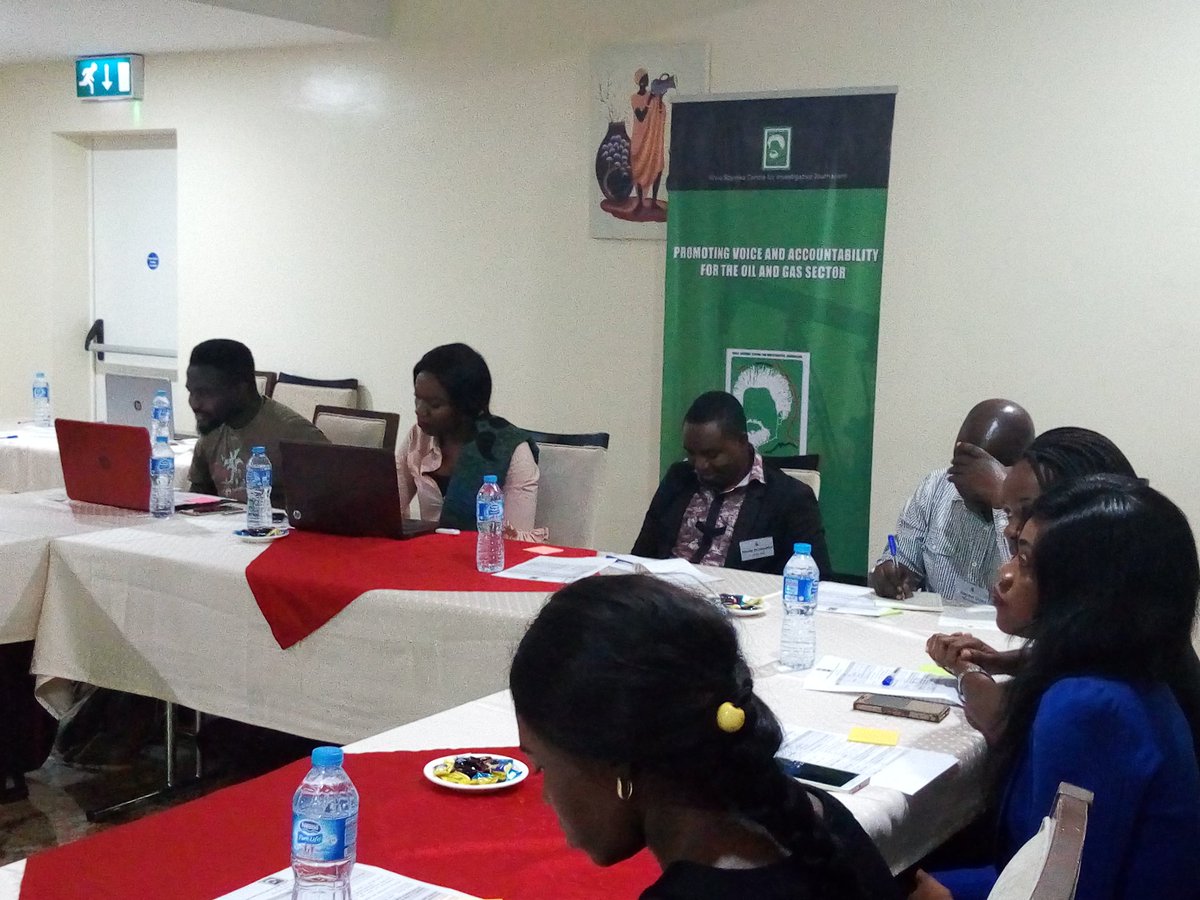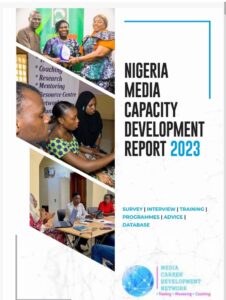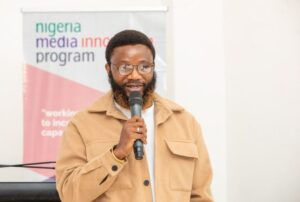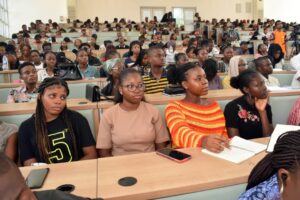Temitayo Ayetoto reports on the outcome of a media training to ensure humane media coverage of the oil and gas sector in Nigeria.
How well is the Nigerian media covering the oil and gas sector?
Not good enough, especially regarding the effects of exploration on host community, based on the outcome of a one-month media survey by the Wole Soyinka Centre for Investigative Journalism (WSCIJ).
The findings of the survey was disclosed at a training held January 25 -26, 2018 by the Centre for reporters from print, online and electronic media platforms to rekindle humane perspectives to the coverage of oil and gas events.
With the theme “Promoting Voice and Accountability for the Oil and Gas Sector”, the training mirrored using sound investigative approaches to amplify the backlash of gross theft, poor policy implementation and non-transparency among other issues of accountability on living condition of people and their environments.
WSCIJ Coordinator, Motunrayo Famuyiwa-Alaka said the media coverage of the Oil and Gas sector revealed that the Nigerian media have over flogged the projection of economic implication of the sector’s activities, leaving out, for instance, the horrendous effects of crude oil exploration on host communities or pipeline vandalism on livelihood.
According to her, the survey by the centre on the frequency and prominence of the sector’s coverage indicated that the angles of interest by most reports were from energy, business, economy, foreign, security and crime perspectives.
From a total of 994 reports from eight mainstream print and online news mediums, 413 were straight news reports, 18 were banner headlines, 262 pages for oil and gas stories, 73 were front page headlines and 10 were editorials.
“Perhaps due to the somewhat specialized nature of this sector, many newspapers hardly humanise their reports to increase traction with the general audience. Investigative reports around the sector were rare occurrences in the newspapers monitored. A few photos were used and the uses of cartoons were also quite rare.
“A few newspapers frequented their banner headlines, many had good use of opinions and columns, some papers who dedicated a number of their editorials had them well investigated, balanced and informative,” she stated.
According to her, many appeared to only reecho the problems without proposing solutions.
She stressed the need for reports that will set agenda for government as regard policy implementation and regulatory compliance for players in the oil and gas sector.
Technical Adviser at NEITI under the DFID-funded Facility for Oil Sector Transformation (FOSTER), Dauda Garuba who spoke on the topic “Mapping Oil and Gas Landscape and Value Chain in the Lens of Human Rights, Voice and Accountability,” said true demand for rights and accountability would begin by examining why local refineries cannot service the oil and gas demands in the country and querying the over-concentration on the upstream oil and gas sector.
He noted that the inability of the country to add value to its mass oil production would not yield maximum gains as countries do not progress by exporting raw materials.
“You cannot be complaining of under-performing because oil price is down and now oil price is rising; you are getting more money and you still want to complain about increase in the price of petroleum products. The higher the price of a barrel, the more likely the price getting higher on the side of the byproduct. As long as you don’t have opportunity to refine at home, that price at which you are pimping is also going to affect you when buying the byproduct,” he said.
Award-winning journalist and publisher, Ibiba Don-Pedro who has extensively investigated oil exploration in Ogoni land said a number of underlying issues still bedevil the Ogoni people without respite.
She highlighted the failure to effect comprehensive cleanup of massively polluted Ogoni environment impacting health and productive wealth creation in the area, reality of massive poverty, violence and criminality and the recent attempt by the Federal Government to re-enter Ogoni to commence oil production through the granting of operating licence to an oil company among others.





